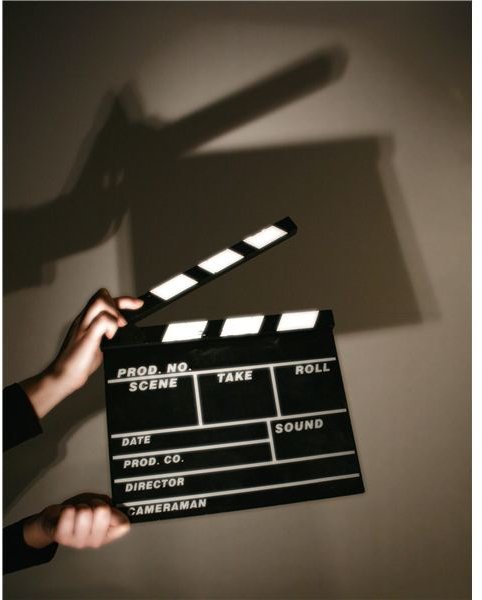Screenwriting Genres: How to Use Different Genres When Writing Your Movie Script
So Generic
The specifics of genre, which is often referred to as the “type” of film you are making, plays more prevalently in screenwriting than in other types of creative writing. Many filmmakers would like to defy genres, such as horror or drama, to find something original, but yet others want to try to curtail an idea to a genre to have a common understanding of the project and appeal to a specific audience. This is a legitimate limitation and set of boundaries to put on your work, and may end up allowing you to arrive at a very interesting film project that is the unity of genre conventions and your own perspective. Here are a few tips for trying to employ elements of genre and determining how this will work for your project.
Beats
Many screenwriting genres, comedy and horror specifically, are very difficult in that they require a set of beats and timing that communicates with the audience in a specific way. Horror films have to plot situations just right so that they can scare the audience, both creating a mood and giving high end frightening moments. Comedy, in a similar situation, has to get the right timing so that jokes work and that you get the laughs throughout the project and when you want them. This means that you have to develop the correct pattern when you are working on the project and test out certain things, both in your mind and with a faux audience of friends and peers. Comedy is especially important as you will be able to work out dialogue and small actions without much set up, though with horror you are going to have to assume that the director and producer will be able to realize the type of situation and pattern you are trying to inject into the screenplay.
Essential Elements
When working with a screenwriting genre you want to begin to draw out the essential elements of that genre, while leaving behind some

common elements that are not essential. This means that if you are trying to produce a generic film you will likely still not want it to just appear as every other film in that same genre, but instead have broad commonalities. For example, a comedy is supposed to have a sense of absurdity, folly, and heightened situations so as to make the audience laugh. This does not mean that it has to avoid tragedy, have joke oriented laughs, or even have a specified form of humor. Some genres are stricter than others, and something like a horror film usually has a pretty strong perspective and intended effect on the audience all the way through. A number of genres are perfect for being mixed, and the broader ones like drama and comedy have an intersection all the time.
Format and Structure
The standards for screenwriting, such as format and overall story structure, do not change often across genres. The first act still introduces the characters, presents the problem, and the main character’s acceptance of the challenge. The difference here is going to be at what speed these things come, though not in the order. For example, dramas tend to have longer openers as they need to present a more solid situation, characters, and perhaps a more serious challenge. Comedies set up themselves and their perspective relatively quickly as they are more than just a storytelling vessel, and the same often comes through horror films. Genres that have a more specified audience tend to allow themselves to keep their overall point of view, and general story facts, present from the first couple minutes.
The type of genres that are really going to change the general format for screenwriting are going to be those that challenge the norms of narrative filmmaking in general. For example, a mockumentary will tend to break free from the regular screenwriting genres and may even just use an outline. This is going to be incredibly true for films that use a great deal of improvisation, such as Mumblecore or Dogma 95. These may have alternative screenwriting options, and since they are genre only in their specific approach and filmmaking movement they are not going to work the same as basic genres like romance or action.
Many adventure and action films will have screenplays that hold fewer dialogue centered scenes, and a lot of less descriptive prose passages. This is because the action that you end up seeing on screen cannot be determined specifically in the script and will be done so by the director, stunt people, and action coordinators when they are actually working on the film. Instead, you may end up seeing very simple lines that then translate into several minute long action sequences. The exact nature of this is going to depend on the film, but this may be the case for special effects as well unless they are centered on a character and essential for understanding the story and mood when you are actually reading the script.
References
- Source: Author’s own experience.
- All Images from Stock.Xchange.
